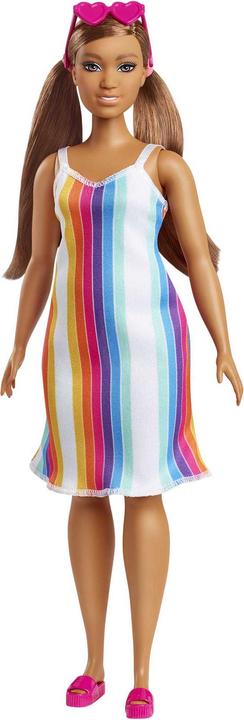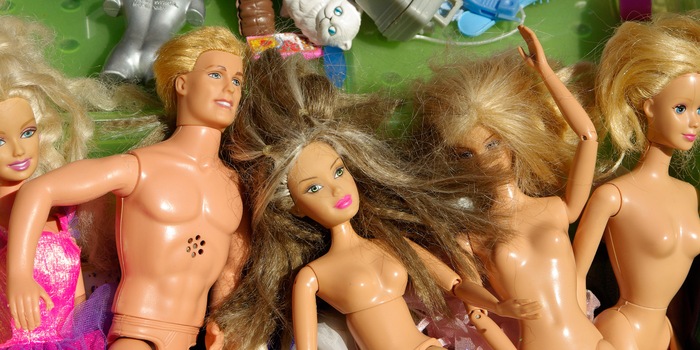

Mattel to eliminate production waste
In its «Citizenship Report», Mattel has committed to reduce its greenhouse gas emissions by 50 per cent by 2030 and to stop manufacturing waste.
Toy manufacturer Mattel released its Citizenship Report last week. In it, the company describes its updated environmental, social and corporate strategy. Mattel aims to tweak its use of resources, reduce absolute greenhouse gas emissions by 50 per cent and to eliminate production waste by the year 2030.
Our updated strategy serves to build upon a solid foundation and leverages additional opportunities to manage our business more sustainably in a rapidly changing world. We are aiming to have a positive influence on the world around us.
Mattel’s strategy is divided into three pillars where the company believes it can have the greatest impact:
- Sustainable design and development
- Responsible sourcing and production
- Thriving and inclusive communities
Sustainable design and development
Mattel wants to develop products that are better for the planet we live on. To do so, the company is going for sustainable materials. According to the published report, Mattel’s goal is to make all of its products and packaging from 100 per cent recycled, recyclable or bio-based plastics by 2030. Last month, Mattel launched a taster with «Barbie Loves the Ocean». It’s their first doll made from recycled ocean plastic.

Responsible procurement and production
Apart from sustainable materials, Mattel is also optimising the way it uses resources in its operations. The goal is to reduce absolute greenhouse gas emissions by 50 per cent by 2030 compared to Mattel’s base year 2019. To reach this goal, Mattel is going all in: reducing energy consumption by modernising buildings and equipment, increasing automation, and purchasing electricity from renewable sources.
Mattel also aims to stop all production waste by 2030. To achieve this goal, the company is currently carrying out waste audits at its sites. In doing so, they are identifying the causes, sources, types, quantities and costs of the waste generated. The generated data is then used to develop site-specific strategies on how to reduce, reuse and recycle waste.
Inclusive community
With the pillar «Thriving and inclusive communities», Mattel wants to create a positive social impact. The toy manufacturer has already made progress in increasing the proportion of women they employ. More recently, Mattel also achieved 100 per cent pay equality for employees worldwide.
At Mattel, we aim to contribute to a more diverse, equitable, inclusive and sustainable future. Our updated ESG strategy and goals, recent sustainable new product launches, and toy takeback programme are all part of a broader effort to manage our business more sustainably.
With these items, Mattel has set ambitious goals for the next few years. For a company whose products are largely made of plastic, the importance of this type of strategy is undisputable. Mattel has laid the foundation by thinking sustainably; but only time will tell if Mattel will manage to put all its good intentions into practice.
I get paid to play with toys all day.
From the latest iPhone to the return of 80s fashion. The editorial team will help you make sense of it all.
Show all